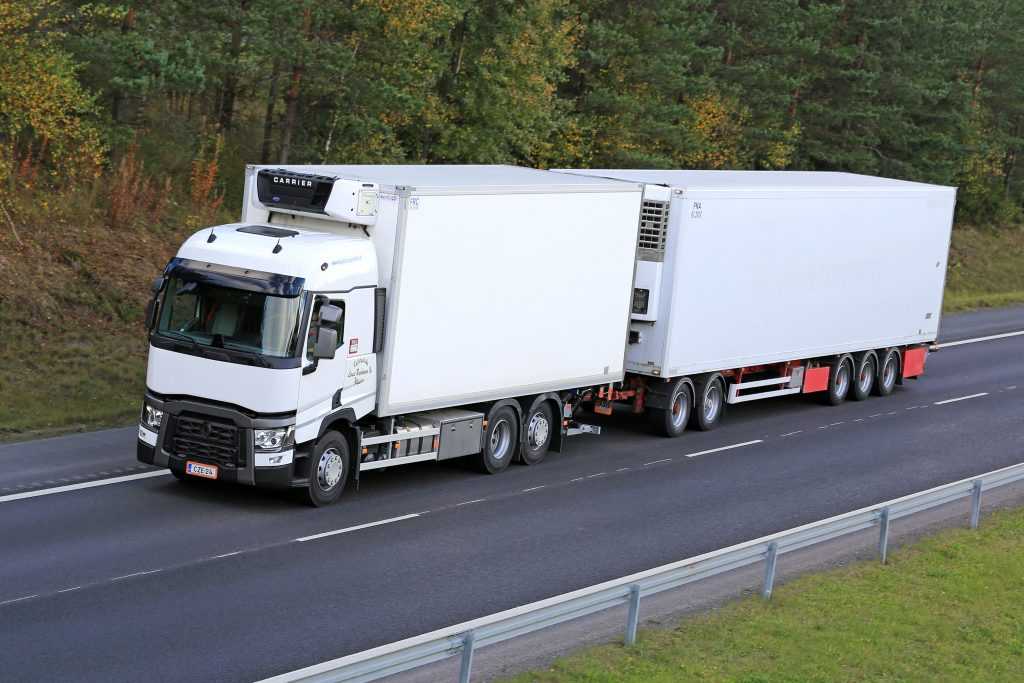 The history of refrigerated trucking has come far since the first mechanical road trucks hit the road in the 1930s. Thanks to technology, vehicles used in the cold chain logistics have evolved into reliable, flexible, and efficient transportation refrigeration systems.
The history of refrigerated trucking has come far since the first mechanical road trucks hit the road in the 1930s. Thanks to technology, vehicles used in the cold chain logistics have evolved into reliable, flexible, and efficient transportation refrigeration systems.
Let's start with what helped revolutionize the emergence of modern-day supermarkets: Thermo King. This invention allows refrigeration units to be attached to trailers to cool it inside.
Today, several innovations also make the industry more efficient than before. West Coast Carriers says refrigerated trucks these days can deliver more than perishable goods while reducing cost and its environmental impacts.
Some of the innovations that make this possible are the following:
Fuel Sensor – This technology monitors the refrigeration unit's fuel levels in a timely and accurate manner. It's crucial because cooling units rely on power (in this case, fuel) to run at its optimum state. In a way, it also serves as a preventive maintenance gesture.
Smart Reefer Controls – Fleet operators can keep track of trucks and trailers remotely from a central unit. Real-time information about the fleets' environment conditions may also be available depending on its features.
Geo Fencing – It alerts operators and drivers when someone removes a truck from its prescribed area before its scheduled delivery. As a result, operators and drivers can respond in a timely manner.
Energy Efficiency – Today's refrigeration units for trucks are more ecological with the availability of non-ozone depleting refrigerants. They may be powered by a five-percent biodiesel blend, which makes them 0-20 percent more fuel efficient than previous units.
Backup Refrigeration Unit – The products inside refrigerated trucks will remain in good quality with a redundant cooling unit. So what if a truck driver has to stop for a while to fix its break or damaged wheels? If everything fails except the cooling systems, the goods inside the truck will be fine.
There are about 15.5 million trucks that operate in the U.S. Those in the cold chain supply industry rely on technology more than other businesses in this sector. It's all for preserving perishable goods and other products while on the road.

